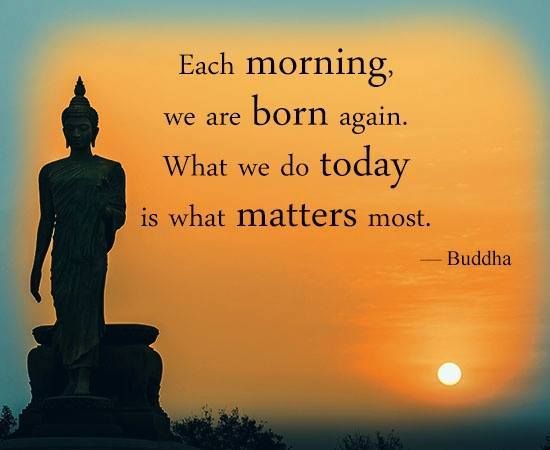GRATITUDE

“Gratitude is the ability to pay attention to what we have got and not worry about what we don’t have.” (Hugh Van Clyde – The Resilience Project)
Gratitude brings a sense of appreciation, pleasure and connection when exercised and expressed.
For most people, gratitude comes readily and easily, but for others who are experiencing mental health difficulties it becomes more of a harder task. In this sense, for those experiencing Mental Health issues, gratitude would need to become a regular practice. By applying the practice of gratitude it will bring many benefits for Mental Health and Wellbeing.
When one expresses and experiences Gratitude, they are experiencing the ‘Goodness of Life’. Gratitude is not just about receiving and appreciating, the positive emotions derived from gratitude can also be felt when one shows appreciation and gratitude towards others. Gratitude is an “unconditional” act which does not look for something in return, gratitude is given freely as an act of Appreciation.
It is possible and extremely helpful to practice gratitude during challenging experiences. Negative emotions can become very limiting towards your emotional and mental functioning. But by focusing on minor things that you can be grateful for, you expand your cognitive processes and cultivate positive thoughts and feelings (fivegoodfriends.2022)
Research has shown that practicing gratitude can bring better life satisfaction and more optimism. It has also revealed that practicing gratitude has a significant influence on health (National Library of Medicine 2013).
Health improvement influenced by the practice of gratitude can be quite marginal :
*reduces symptoms of depression
*lowers blood pressure
*improves sleep
*Increases prevalence of physical activity.
A research conducted by Emmons and other Researchers (Greatergood Magazine 2017) on 300 adults who were attending mental health counselling, had the participants write a letter of gratitude to another person each week for three weeks. The participants reported significant health improvement 4 -12 weeks after their writing exercise ended.
The results of this research suggested that practicing gratitude on top of psychological counselling carries greater benefit than counselling alone.
Additionally, the research also revealed that gratitude works on our bodies and minds. The exercise of gratitude letter writing by research participants promoted better health as the participants were shifting their attention away from toxic emotions such as anger, resentment and frustration.

When you bring your awareness to the small things in life which may bring you comfort, peace or satisfaction, you allow yourself to be appreciative of these things. These things may often go unnoticed even though they are always present but often overlooked. But when one takes some time in contemplation of what they are grateful for, they will be pleasantly surprised that in many occasions of daily living, there is so much to be in gratitude for.
Then more you can bring your attention to that which you are grateful for, the more you allow yourself to open your awareness and your heart and feel that gratefulness.
Robert Emmons, psychology professor and gratitude researcher at the University of California recommends 2 key components of practicing gratitude.
- Affirm the good things we have received.
- Acknowledge to role other people play in providing our lives with goodness.
Building your capacity for gratitude is a simple task, but it takes practice.
If you want to feel gratitude, you have to know how to practice gratitude and you have to work at it. Gratitude helps people refocus on what they have instead of what they lack. And, although it may feel contrived at first, this mental state grows stronger with use and practice (health.harvard.edu)
The following are suggestions for gratitude practice.
- Keep a Gratitude Diary – establish a daily practice of writing and reminding yourself of the gifts, benefits and things you enjoy
- Share your Gratitude with others – Research has found that expressing gratitude can strengthen relationships. Next time your friend or family member does something your grateful for, let them know.
- Use visual prompts – have something i.e. a picture or affirmation displayed that will remind you of your gratitude practise.
- Watch your language – observe what you say and to whether you are being negative with your words and language. Keep reminding your self that you are working towards the best version of your self and maintain a positive stance with your communication.
- Go through the motions – Smiles go a long way, keep up with your smiles, thankyou’s and compliments.
Recommended Posts

Merry Christmas & Happy New Year with love from COSE
December 15, 2022

Anam Cara – Soul Friend
July 27, 2021

Reflections from the Minister
July 14, 2021

